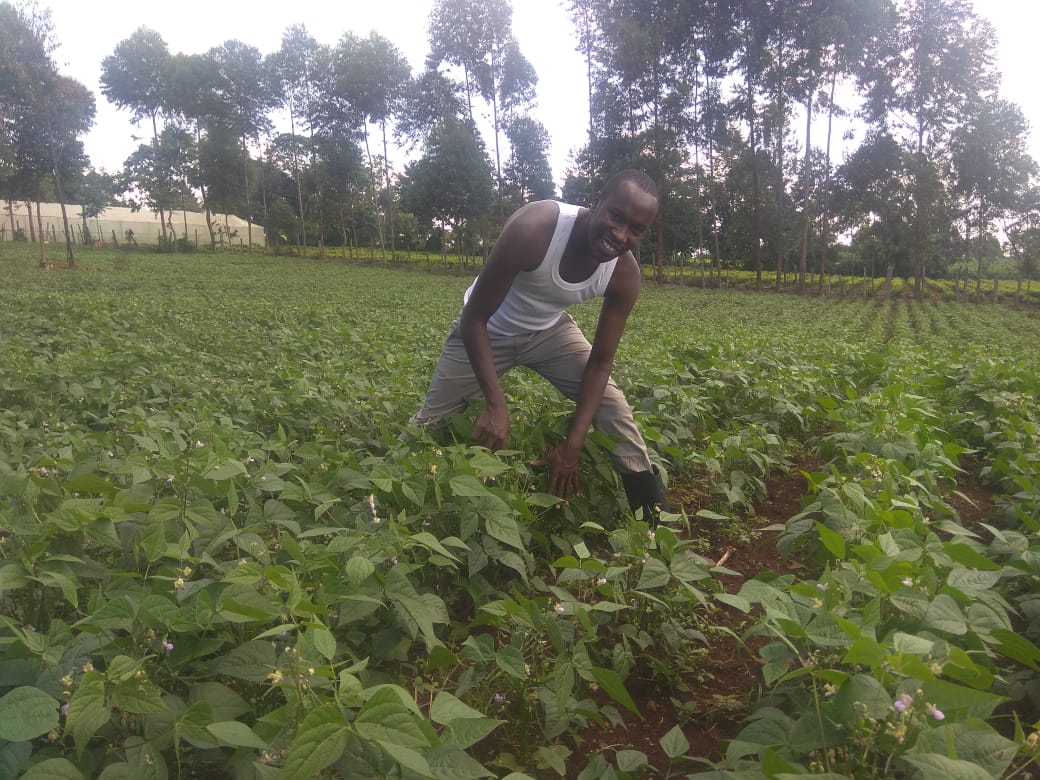In May 2019, Robert Kiprop Choge quit maize farming for French beans, a short season crop that matures faster compared to maize.
“French beans are legumes but unlike the normal beans such as KK8, they are consumed as pods and mature in 45 to 60 days depending on prevailing climatic conditions. In Nandi it takes 60 days to mature unlike in warmer places like Makueni and Machakos where it matures in 45 days. This is a high value legume making its farming lucrative,” said Choge.
Choge leased 10 acres of land in Kipsigak, Nandi to plant the crop and the produce is nearly ready for harvesting. In this, he has been contracted by Meru Greens, a producer and marketer of horticultural crops. The company will buy his produce at Sh50 per kilo.
“French beans have a ready market and with contract farming one has market certainty unlike maize whose market is uncertain with high production costs,” said Choge.
The price of a 90kg of maize for instance fluctuates yearly as the prices are controlled by the government. The selling price normally ranges from Sh2,300 to Sh3,000 per 90 kg bag. However, with short season crops such as French beans, Choge expects to harvest a minimum of 5,000kg per acre will earn an average of Sh225,000 per acre with production costs estimated at Sh25,000.
To breakdown the production costs for each acre, Choge used Sh5,000 to till land twice, Sh5,000 on fertilisers, Sh8,000 on seeds and Sh7,000 on labor and pesticides.
Related content
Avocado, French beans, flowers, vegetables and peanuts market ripe in China
Exporter looking for farmers to grow French beans and Passion fruits
Passion fruits, French beans and snap peas farmers win bid to supply Nairobi businessman

Robert Choge inspecting his French beans farm in Kipsigak, Nandi County
Choge has embraced digital farming in the management of his crops as he works in Nairobi, 300km away. In this he uses mostly WhatsApp to communicate with his grounds man who sends him photos of the crops and how they are faring on. In case of a disease attack for instance, he receives a photo of the affected crop which he tend sends to his agronomist who then advises him on what to do.
“It is a good way to manage your farm if you are working elsewhere but one has to have someone reliable on at the farm to ensure smooth running of your farm. I am lucky I got someone I reliable on the ground because in most cases digital farming can be quite challenging. This is because I have seen a number of my friends lose a lot of investment by entrusting their farms with relatives or employees who end up messing everything leading to loses. So for me, digital farming has been successful. It is quite challenging though because I found myself travelling most of the time to the farm mostly over the weekends,” said Choge.